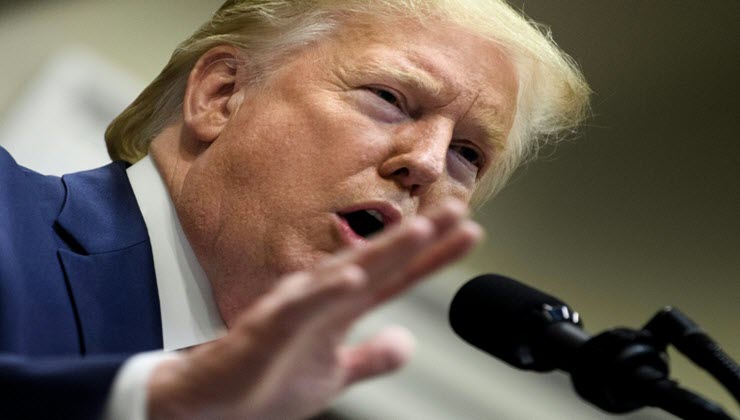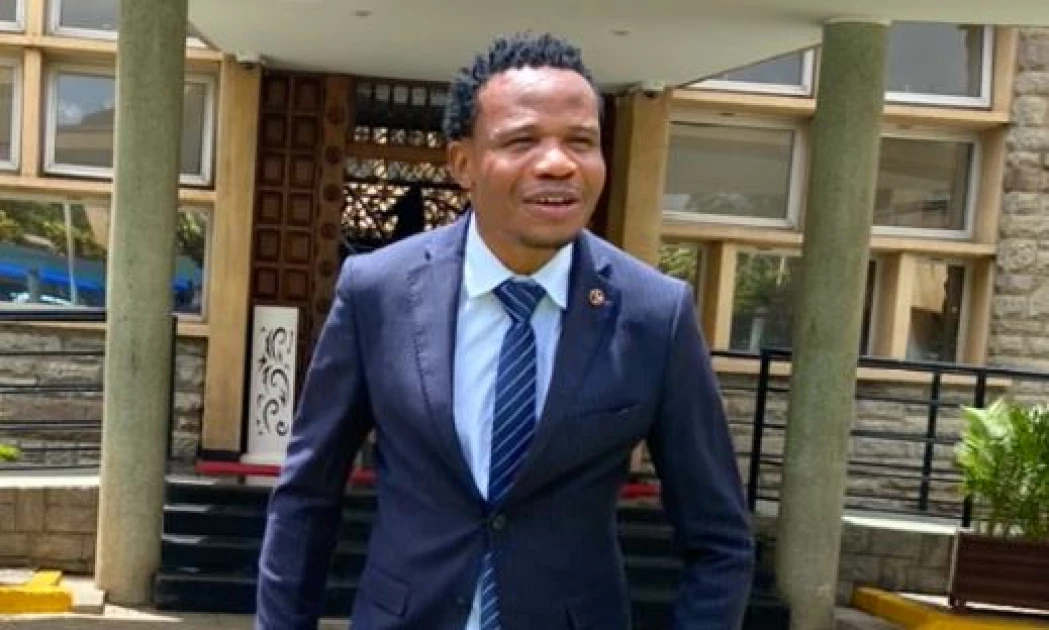The White House and Senate leaders struck a major deal early Wednesday morning over a $2-trillion package to provide a jolt to an economy struggling amid the coronavirus pandemic, capping days of marathon negotiations that produced one of the most expensive and far-reaching measures in the history of Congress.
“Ladies and gentleman, we are done,” White House legislative affairs director Eric Ueland said right before 1 a.m. after leaving Senate Majority Leader Mitch McConnell’s office following negotiations that have gone around the clock since last Friday. “We have a deal.”
McConnell formally announced the agreement on the Senate floor, saying, “At last, we have a deal. After days of intense discussions, the Senate has reached a bipartisan agreement on a historic relief package for this pandemic.”
The majority leader described it as “a war-time level of investment for our nation,” and said that the Senate would move to pass it later in the day on Wednesday. The Senate will re-convene at noon. An exact time has not yet been set for the vote.
The full details have yet to be released. But over the last 24 hours, the elements of the proposal have come into sharper focus, with $250 billion set aside for direct payments to individuals and families, $350 billion in small business loans, $250 billion in unemployment insurance benefits and $500 billion in loans for distressed companies.
The stimulus bill also has a provision that would block President Donald Trump and his family, as well as other top government officials and members of Congress, from getting loans or investments from Treasury programs in the stimulus, according to Minority Leader Chuck Schumer’s office.
The package, if it passes Congress, would be the most significant legislative action taken to address the rapidly intensifying coronavirus crisis, which is overwhelming hospitals and grinding much of the economy to a halt.
Schumer called it “the largest rescue package in American history,” in remarks on the Senate floor in the early hours of Wednesday morning. “This is not a moment of celebration — but of necessity,” he said.










